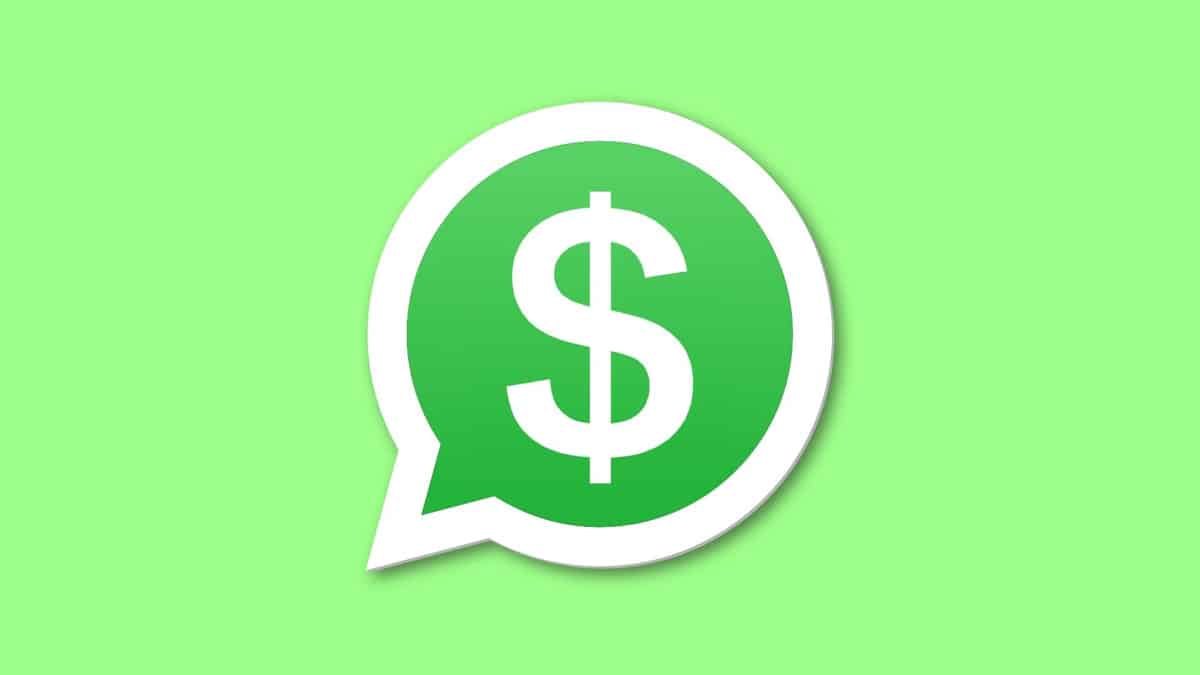Last Updated on
WhatsApp is the largest messaging platform on the planet with over 2 Billion monthly active users in 180 different countries with India having ~500 million alone. However, the app is completely free so people are left wondering, “How does WhatsApp make money?”. Before its acquisition for $19 billion by Meta, also the owners of Facebook, it had a subscription-based model where no advertisements were displayed. WhatsApp reportedly earned ~$700 million yearly. In 2016 Meta had new plans and decided to change the WhatsApp business model by removing the annual fee, making the service completely free to download for all and without ads in sight.
When founded in 2009 by Jan Koum and Brian Acton, now the founder of Signal, users had to pay a yearly subscription fee of $1 to access WhatsApp and all of its features. It was meant to rival expensive text messages provided by mobile service providers at the time.
Using this subscription-based model WhatsApp had a peak yearly revenue of $700 million. However, in 2016 this was scrapped due to the model not being seen as no longer viable. There are no longer advertisements on WhatsApp but there have been several plans to reintroduce the concept.
How Does WhatsApp Make Money?
WhatsApp has several alternative ways in which it makes money in contrast to its previous advertising-based model.
- WhatsApp Business Application: Business owners can use the business version of WhatsApp, specifically WhatsApp business API. Users can set up a Business profile to access premium features not available on the normal app. Businesses are charged for sending messages to customers after a period of 24 hours.
- WhatsApp Pay: Similar in concept to PayPal WhatsApp Pay allows users to send money directly to their contacts on WhatsApp. Money can be sent for free but the recipient has to pay 3.99% of the total amount sent. The payment method was first introduced in Brazil, however, after 10 days it was suspended due to Government actions. After the failed launch the company worked on releasing its service for India, which is its largest market.
- Investment: In previous years there has been investment in the instant messaging app. Sequoia Capital was the leading investor pumping in $8 million during the first round of funding and another $50 million during the second round. this raised the value to ~$200 million.
Final Thoughts
WhatsApp is the largest messaging service however, for its size of 2 billion users and with estimates of an annual revenue of $900 million according to Forbes. It doesn’t make its parent company much money in proportion to its market dominance. Its true value could be in its ability to provide data to Meta and keeping it free with optional paid features helps it retain its massive number of users.
Like other social media services, WhatsApp has future plans to allow businesses to promote themselves in the status area on WhatsApp. Hopefully, this isn’t the start of a slippery slope where advertisements start to dominate the app.



